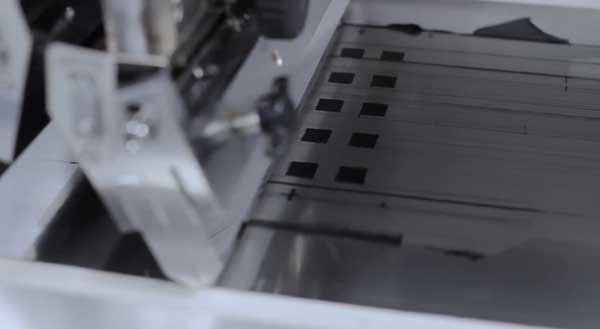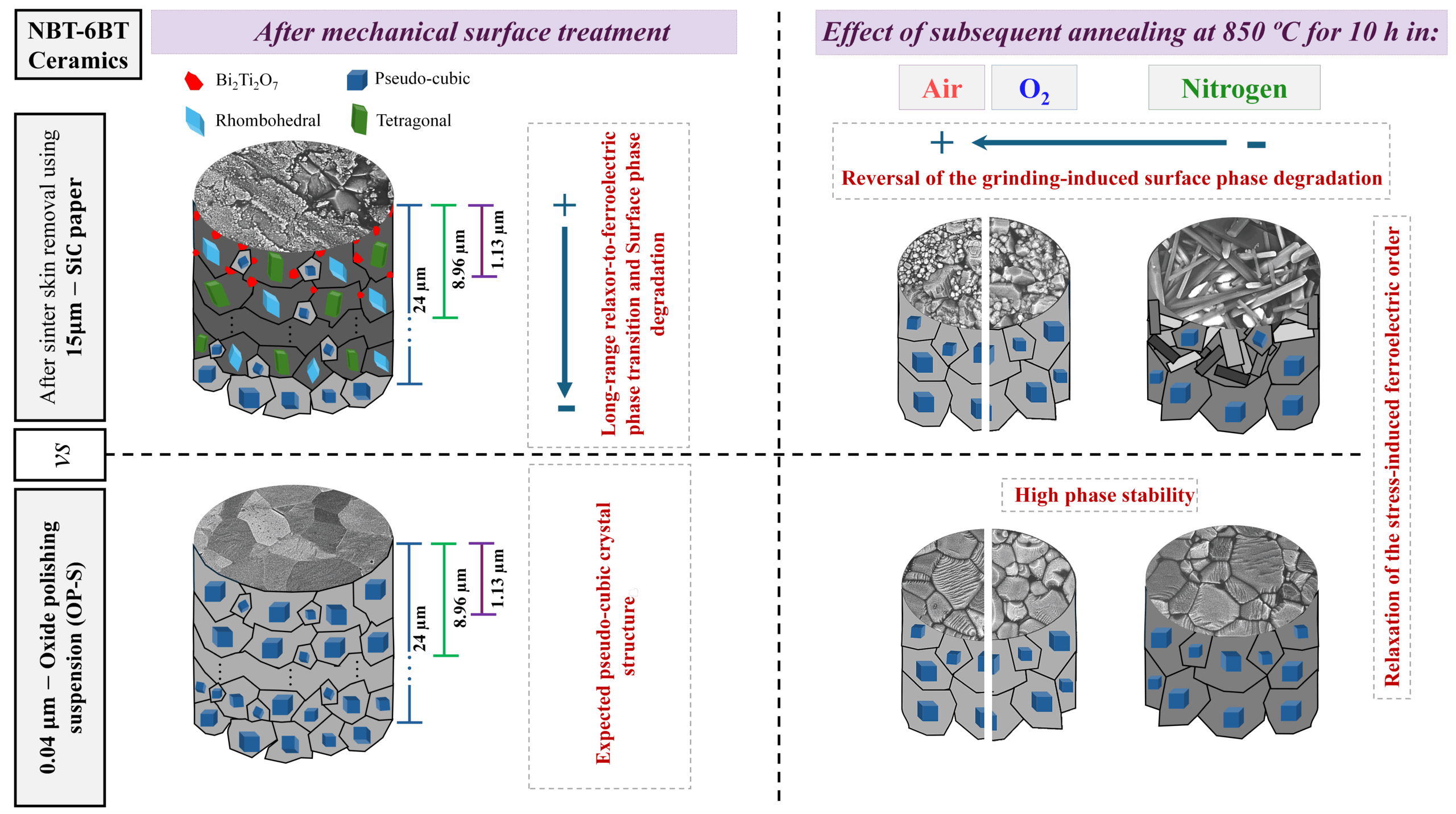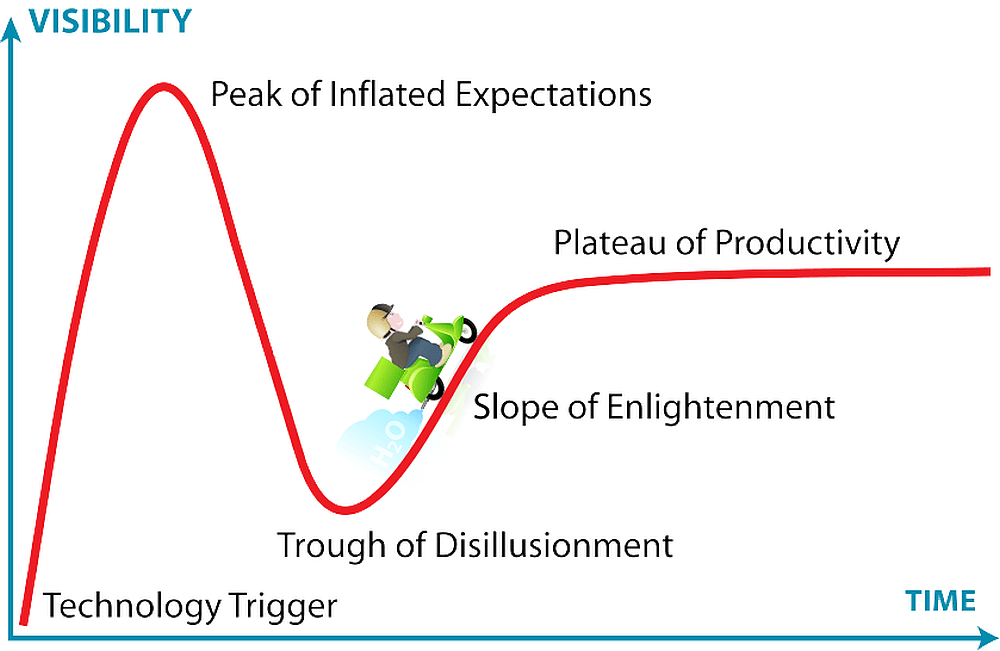
[Image above] A screen cap from a YouTube video shows how Imprint Energy prints, a la your typical t-shirt screenprinter, a flexible, thin zinc battery. Credit: Radiologie Co.; YouTube
As the wearables market grows, so too does the need for flexible batteries to power the devices we just can’t live—or groove—without.
Imprint Energy (Alameda, Calif.) is hoping to “disrupt” the battery market for this $1 billion-and-growing industry with their flexible and rechargeable batteries that can be printed on industrial screen printers on the cheap.
According to Imprint’s website, the company’s ZincPoly technology “removes longstanding limitations on the rechargeability of zinc-based batteries and enables the production of ultrathin, flexible high energy density rechargeable batteries for significantly lower cost and without the design limitations or safety concerns of other battery technologies”—and its investors agree.
Imprint, founded in 2010 by Christine Ho and Brooks Kincaid, recently secured $6 million in funding from Phoenix Venture Partners, Flextronics Lab IX, and AME Cloud Ventures to accelerate development of its less-bulky-than-Li-ion batteries.
Imprint prints its batteries in layers on machines that closely resemble the same machines that print silkscreen t-shirts. (Check it out in the video below.)
https://www.youtube.com/watch?v=dEh7BFb9464
Credit: Radiologie Co.; YouTube
Their tech uses zinc, which is less reactive than lithium, and a solid polymer electrolyte that enhances the battery’s capacity for recharging. Zinc also makes the battery more environmentally friendly and less toxic, providing a safer option, particularly in medical devices, than lithium.
Kincaid believes that the battery combines the best features of thin-film lithium and printed batteries, according to an MIT Technology Review report. Not only are they rechargeable, like their thin-film counterparts, but they also are inexpensive to produce and offer maximum capacity just as with other printed batteries.
But in an industry where no standard for flexibility exists, it’s sometimes difficult to “show, don’t tell.”
As a result, Imprint built its own testing rig, pitting ZincPoly against other flexible batteries. The company reports in the MIT Technology Review article that, unlike competitors, its batteries “remained stable” after 1,000 bending cycles.
The funding provided by the new investment will assist the startup in “accelerating” and scaling its technology.
For some additional wearables reading, check out this smartwatch that projects notifications onto your HAND. Yea, that’s right. The future is here, and one question remains: Are you prepared to let passersby know that your Chipotle order has been confirmed?
Author
Jessica McMathis
CTT Categories
- Basic Science
- Electronics
- Energy
- Market Insights


